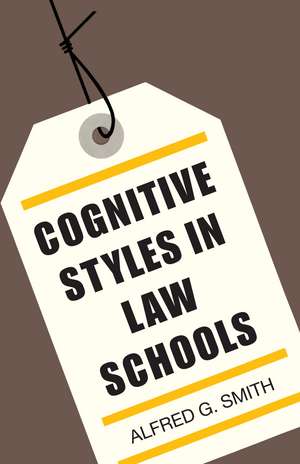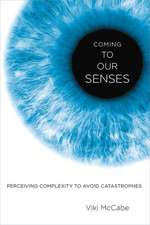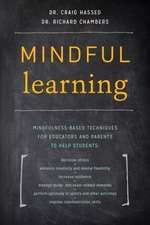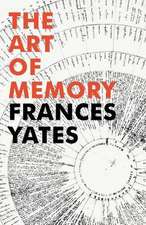Cognitive Styles in Law Schools
Autor Alfred G. Smith, Patrick A. Nester, Lynn H. Pulforden Limba Engleză Paperback – feb 1979
A battery of both original and standard tests was administered to both law students and their professors to investigate differences in cognitive style and their relationships to self-image, anxiety, and academic achievement. This also revealed differences in prevailing styles at different schools.
The results will be of special interest to readers concerned with legal education, to psychologists, and to behavioral scientists. The research format developed here will serve equally well for raising significant questions about the professions of medicine, education, social work, and others in which cognitive and communication styles play a central role in determining outcomes.
Preț: 163.64 lei
Nou
Puncte Express: 245
Preț estimativ în valută:
31.33€ • 32.63$ • 25.100£
31.33€ • 32.63$ • 25.100£
Carte tipărită la comandă
Livrare economică 14-28 februarie
Preluare comenzi: 021 569.72.76
Specificații
ISBN-13: 9780292741775
ISBN-10: 0292741774
Pagini: 200
Dimensiuni: 140 x 216 x 15 mm
Greutate: 0.45 kg
Editura: University of Texas Press
Colecția University of Texas Press
ISBN-10: 0292741774
Pagini: 200
Dimensiuni: 140 x 216 x 15 mm
Greutate: 0.45 kg
Editura: University of Texas Press
Colecția University of Texas Press
Notă biografică
Alfred G. Smith (1957–2004) served as Director of the Center for Communications Research and was Professor of Communication Studies and Anthropology at the University of Texas at Austin.
Cuprins
- Acknowledgments
- Problems of Cognitive Styles
- 1. Cognitive Styles
- 2. Methodology
- Tests of Cognitive Styles
- 3. Legalism
- 4. Intolerance of Ambiguity
- 5. Authoritarianism
- 6. Opportunism
- Corollary Tests and Analyses
- 7. Anxiety
- 8. Cognitive Self-image
- 9. Problem Solving
- 10. Differences among Law Schools
- 11. Cognitive Styles of Law Professors
- Categories, Consequences, and Conclusions
- 12. Categories of Cognitive Styles
- 13. Other Variables and Cognitive Styles
- 14. Conclusions
- Appendix 1. Research Questionnaire
- Appendix 2. Oral Solution of Verbal Problems
- Appendix 3. Authorization Statement A
- Appendix 4. Authorization Statement B
- Bibliography
- Index
Descriere
A study of differences in cognitive styles among 800 law students.













